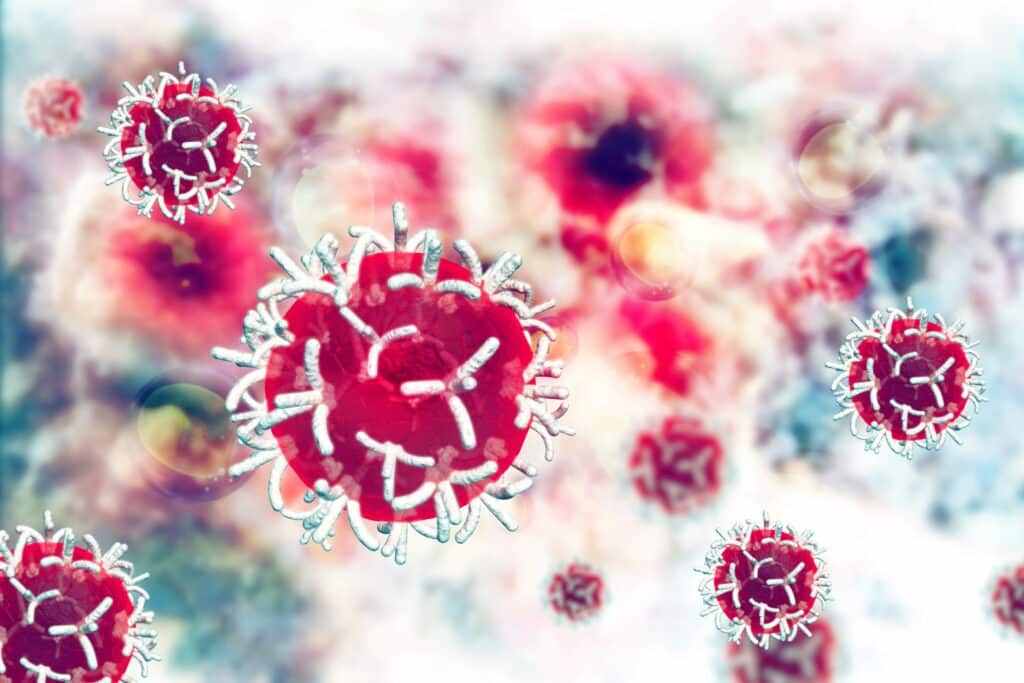Source: The Pig Site, 21 February 2022, photo credit: 123RF/crystallight
Pirbright scientists investigate the pig’s immune response to flu and identify specific cells which are important for fighting infection and for long term protection against influenza infection.
It is hoped the findings will shed more light on human response to flu and help the development of new vaccines.
Pigs are natural hosts for influenza and like humans, they can be infected by circulating strains and become unwell. Influenza viruses that infect pigs and humans are different, but some may have the potential to spread between both species, making them important zoonotic viruses.
The immune system in mammals has two different responses to infection, the innate immune response which is a rapid, non-specific response to infection, and the adaptive immune response which is much more specific and follows the innate response.
Scientists examined the adaptive immune response, particularly the CD8 T cell response. CD8 T cells are cells of the immune system that specifically target host cells that are infected with viruses and kill them to prevent the viruses spreading. T cells are important in the host’s immune response to disease and help prevent severe disease.
Published in Mucosal Immunology, this study is the first of its kind to define four different types of CD8 T cells and focus carefully on the tissues where the cells are found. Results showed that the pig immune response differs from that seen in small animal models such as mice or ferrets, which are not natural hosts for influenza. This highlights the importance of using a natural host where possible to gain a more accurate understanding of the disease and to develop treatment and prevention solutions to improve animal health and welfare.
Researchers revealed both the location of CD8 T cells in different pig tissues and how they behave in response to infection. Previously it was thought that the number of T cells in the lungs declines rapidly after infection, however the research shows this is not the case, suggesting longer lasting protection against future infection.
Read more
The South African Pork Producers’ Organisation (SAPPO) coordinates industry interventions and collaboratively manages risks in the value chain to enable the sustainability and profitability of pork producers in South Africa.
















